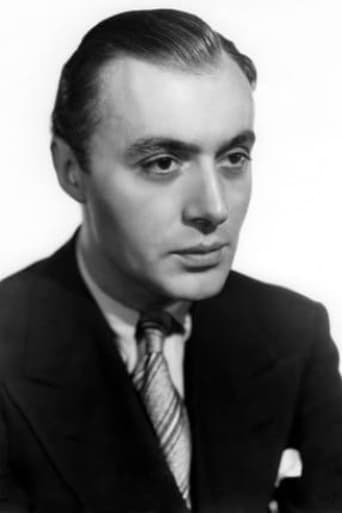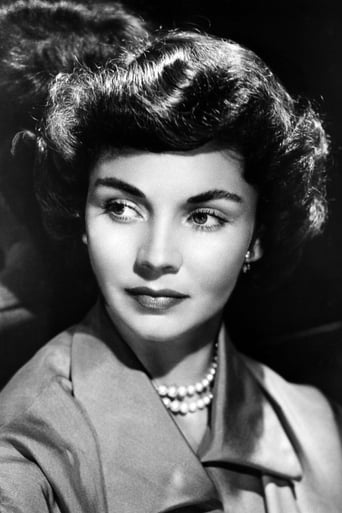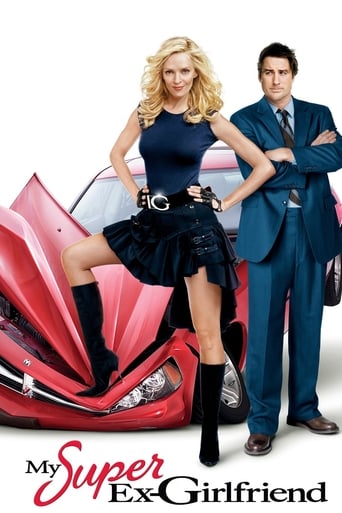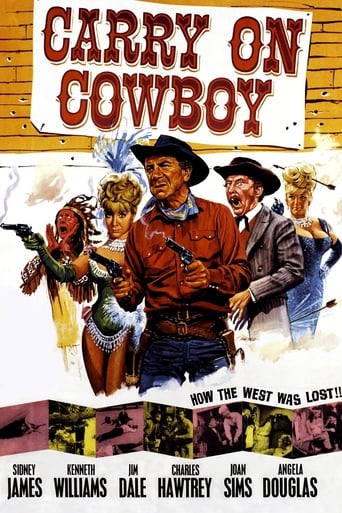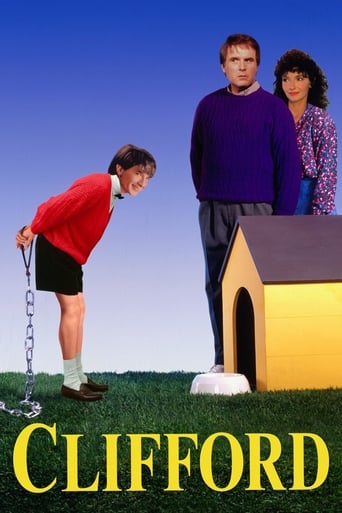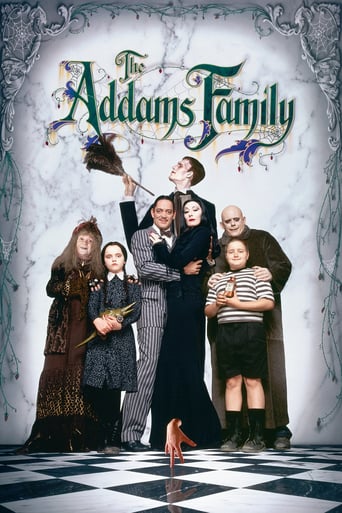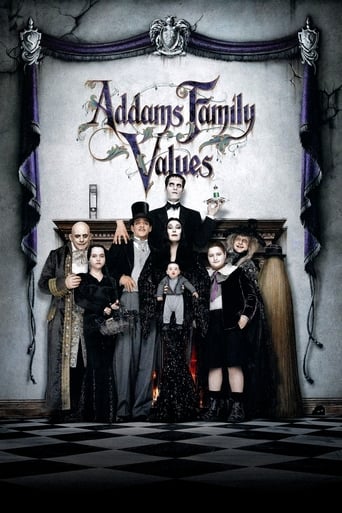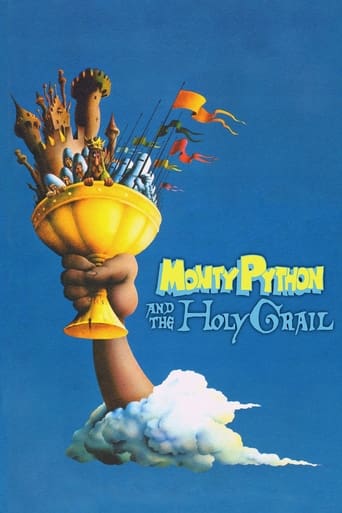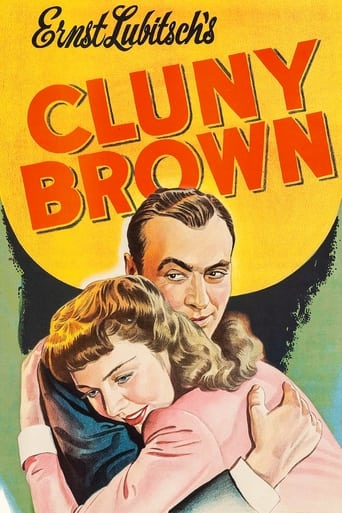
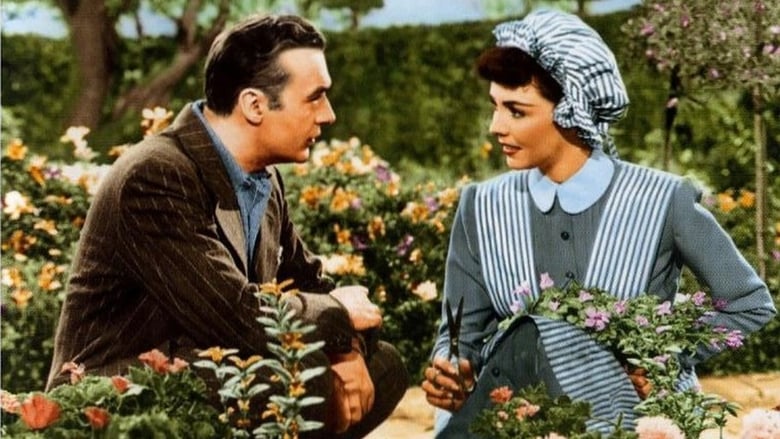
Cluny Brown (1946)
Amateur plumber Cluny Brown gets sent off by her uncle to work as a servant at an English country estate.
Watch Trailer
Cast


Similar titles
Reviews
I am frankly shocked that I haven't seen this film, as I thought I'd seen about everything that Ernst Lubitsch directed in the States-- and many of his German films as well. But, oddly, I'd overlooked this one.Before I talk about the film in detail, I have a few comments about the cast. Casting Charles Boyer with Jennifer Jones is really odd and you just don't normally think of them together--but the film managed to handle this odd combination well. Additionally, the film has some excellent supporting character actors--Reginald Owen, Reginald Gardiner, C. Aubry Smith and Richard Haydn. And, while I am not a huge fan of Una O'Connor (she overacts horribly in some films), here she is great...as she says nothing! As far as Jennifer Jones goes, she is usually one of my least favorite actresses. I think it's because her lover (and later, husband), David O. Selznick, really mismanaged her career and placed her in some roles which were terrible for her. In "Duel in the Sun", she played a half-breed she-devil--and played it to the hilt. Coming from a woman who excelled in sweet roles (such as "Cluny Brown", "Song of Bernadette", "Since You Went Away" and "Love Letters"), playing such an unwholesome and sleazy character didn't work at all and came off as silly. Several of her other films were clear misfires due to casting her WAY against type (such as in "Beat the Devil" and "Ruby Gentry" and "Indiscretion of An American Wife"). Here, fortunately, Jones is at her very best--as a very sweet and ditsy sort of character you can't help but like. And, everyone she meets seems to like her in this sweet little comedy.The film begins with a stopped up sink. Reginald Owen and Charles Boyer are about to have a dinner party and are relieved when they think that the plumber has arrived--but it's NOT the plumber but the plumber's niece, Cluny (Jones) who shows. She isn't a plumber at all, but seems to enjoy fixing plumbing as a hobby. And, since her uncle is busy, she thought she'd come and give it a try. She very quickly fixes it, but they have her stay because she is so vivacious and sweet that they don't want her to go. And, after a couple drinks she REALLY opens up and shows a cute side of her that is fun to watch. Obviously, Boyer is taken with her--but can't do much about it, as he's a homeless refugee from the Nazi occupation of Czechoslovakia.A bit later, a rich idealist (Peter Lawford) meets Boyer and it turns out the Boyer is a famous professor and political refugee. So, wanting to help a guy down on his luck, Lawford invites him to stay at his family estate in the country. When Boyer arrives, he's thrilled to see that Jones has just been hired as a servant there--and spends as much time as he can with her. And, by the way, she's a terrible maid--but she's so nice, they can't stand to fire her.Sadly for Boyer, Jones is inexplicably taken with one of the most boring men in human history (Haydn). And, she somehow likes the idea of possibly becoming this dullard's wife. But what about poor Boyer? He's homeless and is secretly in love with Cluny--and the likelihood he'll ever win over Cluny is remote. And, even if he does, how can he possibly afford to marry? And, Haydn and his weird mother (O'Connor) are bound to choke the life and charm out of poor Cluny as they want her to be more proper and 'adult'--something no sane person would want from her! I could say more but think it's best you just see this charming film for yourself.Utterly charming from start to finish. I do so wish Jones had made more films like this and the lovely Lubitsch touch is more than enough to make this film a treat to watch. MY only quibble, and it's a tiny one, is that the scene in New York following the train ride at the end was NOT necessary. I think having the film end a tiny bit sooner would have been a bit better--just a bit.
This was the last film completed by Ernst Lubitsch - he began shooting That Lady In Ermine but died halfway through and it was completed by Otto Preminger - and though not quite up there with the likes of Ninotchka and The Shop Around The Corner it remains a fine movie. I've always had a problem with Jennifer Jones and it's basically the same problem I have with Gloria Grahame, overblown, faux sultriness and the impression that their underwear is soiled; strangely enough both of them were able to manage comedy, Graham in Oklahoma and Jones here. It seems that the movie bombed both in the US and here on its release in 1946 and in retrospect perhaps that was too close to the recent war for fluffy, polished satire (Prevert-Carne' had similar problems with La Port de la nuit the same year, albeit with a fantasy rather than a satire and both titles have now been reassessed). Seen today it's difficult to fault the targets, each hit squarely, and the idea of two nonconformists winding up together and here at least Lubitsch was on well-trodden ground given that Cary Grant and Kate Hepburn had done the same thing in Philip Barry's Holiday which was released in 1938, the year in which Cluny Brown is set. There's strong support from the cameo by C. Aubrey Smith downwards and if, predictably, Peter Lawford is the weakest element there are compensations in the shape of Margaret Bannerman, Reginald Ownen, Reginald Gardiner, Richard Haydn, Una O'Connor and Sara Allgood. For a swansong it's something of a trumpeter swan.
"Cluny Brown" had quite an impact on me when I saw part of it as a child. I'm sure my feelings had to do with the luminous beauty of Jennifer Jones and wanting to be just like her when I grew up. Jones has the title role of an imaginative young woman who, being the niece of a plumber, doesn't mind picking up a hammer herself once in a while and having a good whack at the pipes. It gets her into some trouble at the apartment of Hilary Ames (Reginald Sinclair) when she arrives before a party to clear out his sink before his guests arrive. There she meets Adam Belinski, a Czech academician who's on the run from Hitler. Well, that's who the very earnest Andrew Carmel (Peter Lawford) assumes he is...Belinski never actually says.When her uncle finds Cluny drunk and on the couch at the Ames apartment, he puts her into service. She winds up working at the Carmel country estate, where Belinski comes to stay. Attracted to her, he sets about aggravating the local pharmacist, Mr. Wilson (Richard Haydn) who is courting Cluny, and getting involved with Andrew's romance with Betty Cream (Helen Walker).This is a very sweet, light comedy from Lubitsch that touches on not only the class system in England but the attitude of the upper class toward the impending war. As in the Fox film "This Above All," the upper class in "Cluny Brown" seems annoyed by the mere thought of war and hope the nonsense will just go away. As for Cluny, born to her class, she's expected to work and behave a certain way, though it isn't really her nature.The performances are all very good, with Boyer a delight as Belinski, a character perhaps modeled on the Czech freedom fighter Jan Mazurek - though he basically doesn't act in danger or worried and manages to hit Andrew up for money. One is never really sure throughout the film what he's up to. Richard Haydn is hilarious as Cluny's suitor Mr. Wilson, one of the best scenes taking place when he plays the harmonium for her and she all but swoons. As his mother, all Una O'Connor does is cough, but that's all she needs to do. Playing opposite boyish Peter Lawford, Helen Walker seemed too old for the part of Betty. The other supporting players are all excellent, including Sara Allgood, Reginald Owen, and Margaret Bannerman.David O. Selznick saw Jennifer Jones in his outer office, and it was love at first sight. It's easy to see why. She is radiant and spirited as Cluny, her vivid imagination shining through her eyes and smile. A wonderful presence - gentle, vulnerable, and guileless."Cluny Brown" isn't at the top of Lubitsch's best - it's uneven and doesn't have enough of a plot. It's entertaining nonetheless, and the ending is pure joy.
I would put "Desire" ahead of this. He directed some of it. But of movies for which Lubitsch got sole directories credit, this charming tale is my favorite.Charles Boyer is delightful. Richard Haydn is hilarious as the stuffy pharmacist who woos the title character.And as the title character, Jennifer Jones is lovely and very funny, in just the subtle way the script calls for. She was again to show her comic skills in "Beat The Devil." There she is an outright scream. Based on just these two performances, she must be counted as one of screen history's most adroit comediennes -- though her career generally took her in very different directions.The only part of "Cluny Brown" that makes me uncomfortable is the insertion of jokes about Nazism in a comedy. Yes, "To Be Or Not To Be" is built around that but "Cluny Brown" is a softer movie. It is a sort of drawing room comedy with some racy undertones. The plumbing: OK, it was and still is unusual for a woman to be a plumber. But this is about sex and class. (In a way, it is a slighter "Rules of the Game.") I don't care for the meanness in much of Lubitsch. Certainly he was a beautiful craftsman. But no matter how often I watch "Trouble In Paradise," I can't seem to like it."Cluny Brown" is filled with enormously likable characters. Buffoons too, but they aren't evil. It's one-of-a-kind -- and it's very funny and enormously charming.


